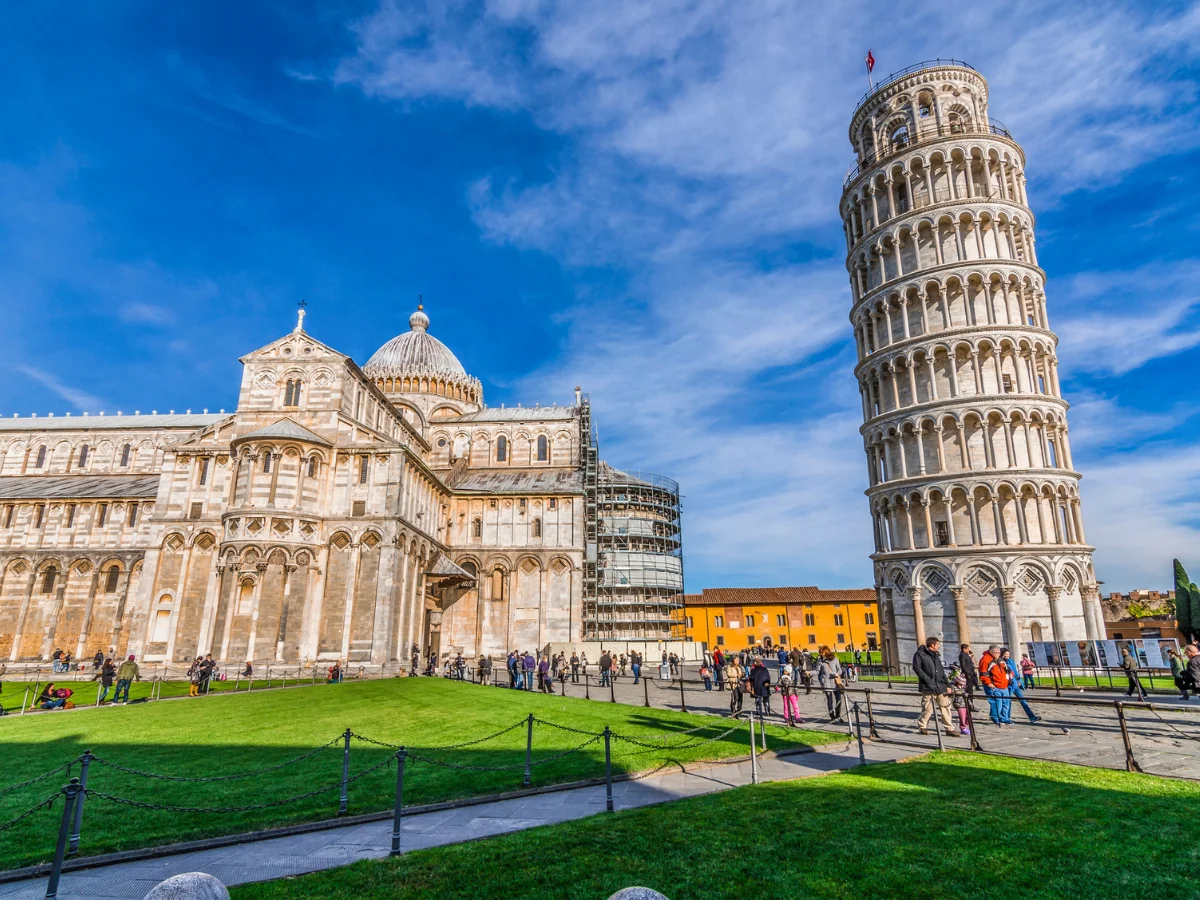A sophisticated legal system ensured justice in Ancient Rome
A sophisticated legal system ensured justice in Ancient Rome through diverse courts and magistrates. Laws, including the Twelve Tables, governed civil and criminal matters. Cicero and Hortensius, the talkers for justice, talked cases, making decisions in court. Laws were clear, giving everyone a fair chance in court and a chance to ask for another decision. Sometimes, the judges said to pay money, go far away, or worse, end a life. This way of dealing with law stuff, with rules and looking at old decisions, stayed for a long time and now guides how laws work all over.

A sophisticated legal system ensured justice in Ancient Rome
The Legal System in Ancient Rome
In Ancient Rome, the legal system was a cornerstone of governance, ensuring order and justice throughout the empire. Various institutions and individuals played crucial roles in administering and upholding the law.
Courts and Tribunals
Roman courts were diverse, ranging from local magistrate courts to the prestigious centumviral court for civil disputes. Criminal cases were heard by praetors or governors, while specialized tribunals dealt with specific matters like treason or maritime law.
Judges and Magistrates
Judges, or iudices, presided over court proceedings, applying the law and rendering verdicts. Magistrates, such as praetors and consuls, held judicial authority and often acted as judges in criminal cases. Their decisions were guided by Roman law and precedent.
Laws and Legal Codes
Roman law was a complex system derived from custom, legislation, and legal writings. The Twelve Tables, dating back to the early Republic, formed the foundation of Roman law, covering civil, criminal, and procedural matters. Over time, jurists like Gaius and Ulpian compiled legal treatises and commentaries, further shaping legal interpretation.
Advocates and Lawyers
Advocates, or advocati, played essential roles in legal proceedings, representing clients and presenting arguments before the court. Prominent lawyers, such as Cicero and Hortensius, were renowned for their oratory skills and legal expertise, influencing judicial outcomes.
Legal Procedures
In Ancient Rome, they had a strict way of doing things in court to make sure everything was fair and followed the rules. When people had arguments, they talked about them in front of judges who looked at evidence and heard what witnesses had to say. Trials were usually open to the public, so lots of people could watch and the jury could see what was going on.
Appeals and Verdicts
Appeals were common in Roman law, allowing parties dissatisfied with court decisions to seek review by higher authorities. Verdicts could range from fines and penalties to exile or death, depending on the severity of the offense and the discretion of the judge.
Legacy
The legal system of Ancient Rome left a profound legacy, influencing legal traditions worldwide. Its emphasis on due process, legal precedent, and the rule of law laid the groundwork for modern legal systems, shaping concepts of justice and governance for centuries to come.



